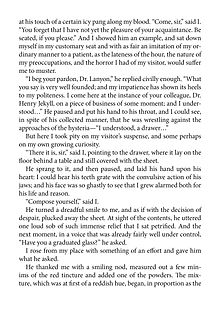
This list comprises widespread modern beliefs about English language usage that are documented by a reliable source to be misconceptions.
With no authoritative language academy, guidance on English language usage can come from many sources. This can create problems, as described by Reginald Close:
Teachers and textbook writers often invent rules which their students and readers repeat and perpetuate. These rules are usually statements about English usage which the authors imagine to be, as a rule, true. But statements of this kind are extremely difficult to formulate both simply and accurately. They are rarely altogether true; often only partially true; sometimes contradicted by usage itself. Sometimes the contrary to them is also true.[1]
Many usage forms are commonly perceived as nonstandard or errors despite being widely accepted or endorsed by authoritative descriptions.[2][a]
Perceived violations of correct English usage elicit visceral reactions in many people. For example, respondents to a 1986 BBC poll were asked to submit "the three points of grammatical usage they most disliked". Participants stated that their noted points "'made their blood boil', 'gave a pain to their ear', 'made them shudder', and 'appalled' them".[3]
- ^ Close 1964. n.p. (Front matter.) In a footnote to this text, Close also points to English as a Foreign Language by R. A. Close (George Allen and Unwin, London, 1962).
- ^ Close 1964. n.p. (Front matter.)
- ^ Jenny Cheshire, "Myth 14: Double Negatives are Illogical" in Bauer and Trudgill 1998. pp. 113–114.